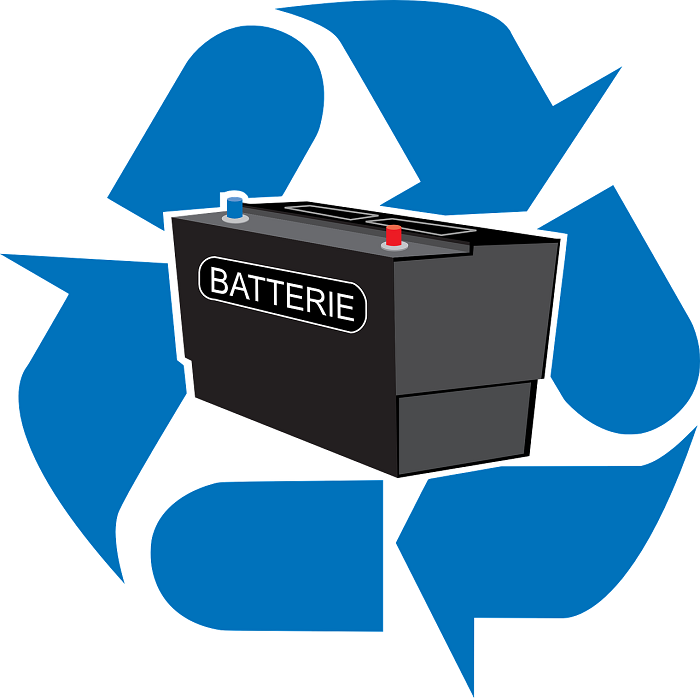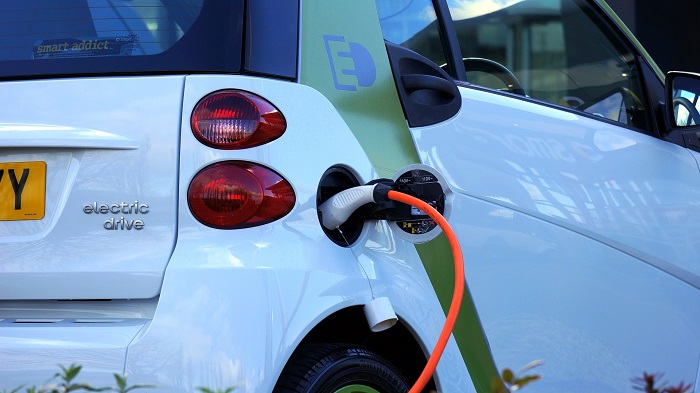A consortium led by Sacyr Circular (Sacyr Concesiones) is currently developing the Baterurgia project, to address the challenge of recycling lithium-ion batteries (LIBs) from electric vehicles. Other participants in the consortium are Sacyr Flúor, Tubacex, Ferroglobe y Colorobbia, and three SMEs, Recyclia, Little Energy and Coveless.
Baterurgia will develop advanced technologies to study end of life batteries, the dismantling of non-recoverable cells and the recovery of critical materials. These technologies, based on robotics, artificial vision and innovative, metallurgic processes can ensure and improve the recovery levels for black mass purification and the extraction of different strategic materials.
The goal of this project is to solve the problems derived from the recovery and sorting of the critical materials used to make these batteries. These materials can be used in the production of new batteries or replace conventional raw materials and channel them into other industries.
Currently, the chemical process to recycle batteries from electric vehicles in Spain is an industrial challenge with a high potential to lay the foundations for the future development of one or several plants where the project will be conducted.

Composition of lithium batteries
The cells in an average 60 kWh battery can contain around 200 kg of metals, making the valorization process of end-of-life batteries have a high economic and environmental impact.
Recycling lithium-ion batteries would reduce the demand for these raw materials, and therefore, improve its sustainability. Additionally, it should also be noted that the European Union classifies lithium, cobalt, and graphite, present in batteries, as critical metals.
The reuse of critical metals in the production of new batteries is considered a strategic task, as there are multiple battery factories for electric vehicles planned for construction in the near future in the Iberian Peninsula.
Baterurgia is aligned with the SDGs and drives the substitution, recovery and valorization of mineral resources and strategic metals for the ecological transition.
The Baterurgia project “research of advanced recycling technologies to obtain strategic metals from electric vehicle batteries”, with roughly €6 million of global budget, is funded by the CDTI, and backed by the Ministry for Science and Innovation.
